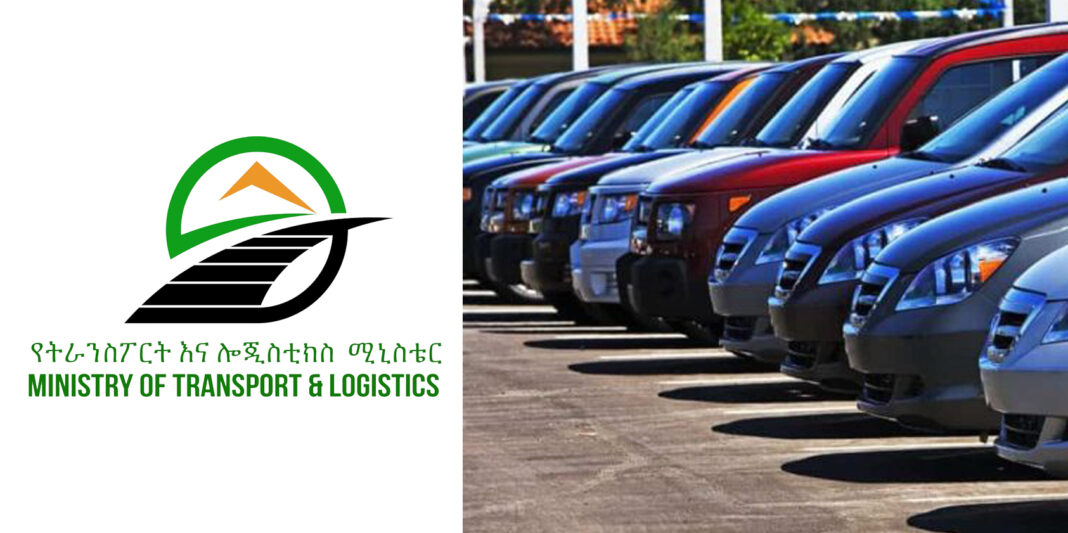The Ministry of Transport and Logistics is facing strong opposition from vehicle importers over recently introduced strict requirements, which the industry describes as impractical and potentially damaging to their businesses and the country’s expanding car market.
At the center of the controversy is a new mandate requiring importers to provide battery safety certification for electric vehicles (EVs), proving that batteries meet international safety standards. Importers argue this responsibility traditionally lies with manufacturers, not importers, and that in many cases, car and battery manufacturers are separate entities. Since importers often source vehicles in large volumes from suppliers rather than directly from manufacturers, obtaining such certification as the ministry requires is deemed nearly impossible.
Another significant source of complaint involves software language requirements. The new rules demand vehicle software to operate in English, which clashes with the reality that many Chinese-made vehicles popular in Ethiopia have firmware localized for specific regions and languages. While some vehicles’ software can be “cracked” by local technicians to switch to English, many cannot, and the limited availability of trained software professionals in Ethiopia further complicates compliance. Importers label this requirement as “absolutely unimaginable” given current technical constraints.
Additional financial pressures stem from the guideline that importers must now provide after-sales services through their own garages, abandoning the previous allowance to outsource this via proxy agreements with third-party garages. The necessity of establishing and running proprietary service centers has alarmed importers about rising costs and operational burdens.
Electric vehicle importers also face an extra hurdle requiring the installation of at least two EV charging stations meeting specific power, size, and transmission criteria. Importers describe this as a prohibitive obstacle, questioning the feasibility of meeting such obligations without exiting the sector. The estimated cost to establish a single charging station could reach up to 10 million Ethiopian birr, which many regard as unattainable given current market conditions.
The ministry issued a notification on July 23, 2025, informing all vehicle import organizations that the new standards address past issues related to vehicle import qualifications. Effective immediately, all ongoing and future qualification assessments and renewals must comply with these rules. Furthermore, companies that already renewed or acquired qualifications under previous criteria by July 8, 2025, must return those qualifications and undergo reassessment; failure to comply will render their qualifications invalid.
The stricter regulations come as Ethiopia anticipates rapid growth in vehicle numbers and a surge in electric vehicle adoption. From approximately 320,000 vehicles in 2024, the total is projected to rise to 415,000 by 2030, with electric vehicles expected to reach 113,000, representing nearly 28% of the fleet by that year. This anticipated expansion is driven by government incentives, falling battery prices, and growing consumer interest in EVs.
Despite these promising trends, importers warn that the new rules could stifle market development and erect substantial barriers to entry and operation in Ethiopia’s automotive sector. The battery certification, software language mandate, mandatory after-sales service setups, and EV charging infrastructure requirements—though intended to improve safety and service quality—risk impeding the growth of vehicle imports, particularly in the electric vehicle segment.






